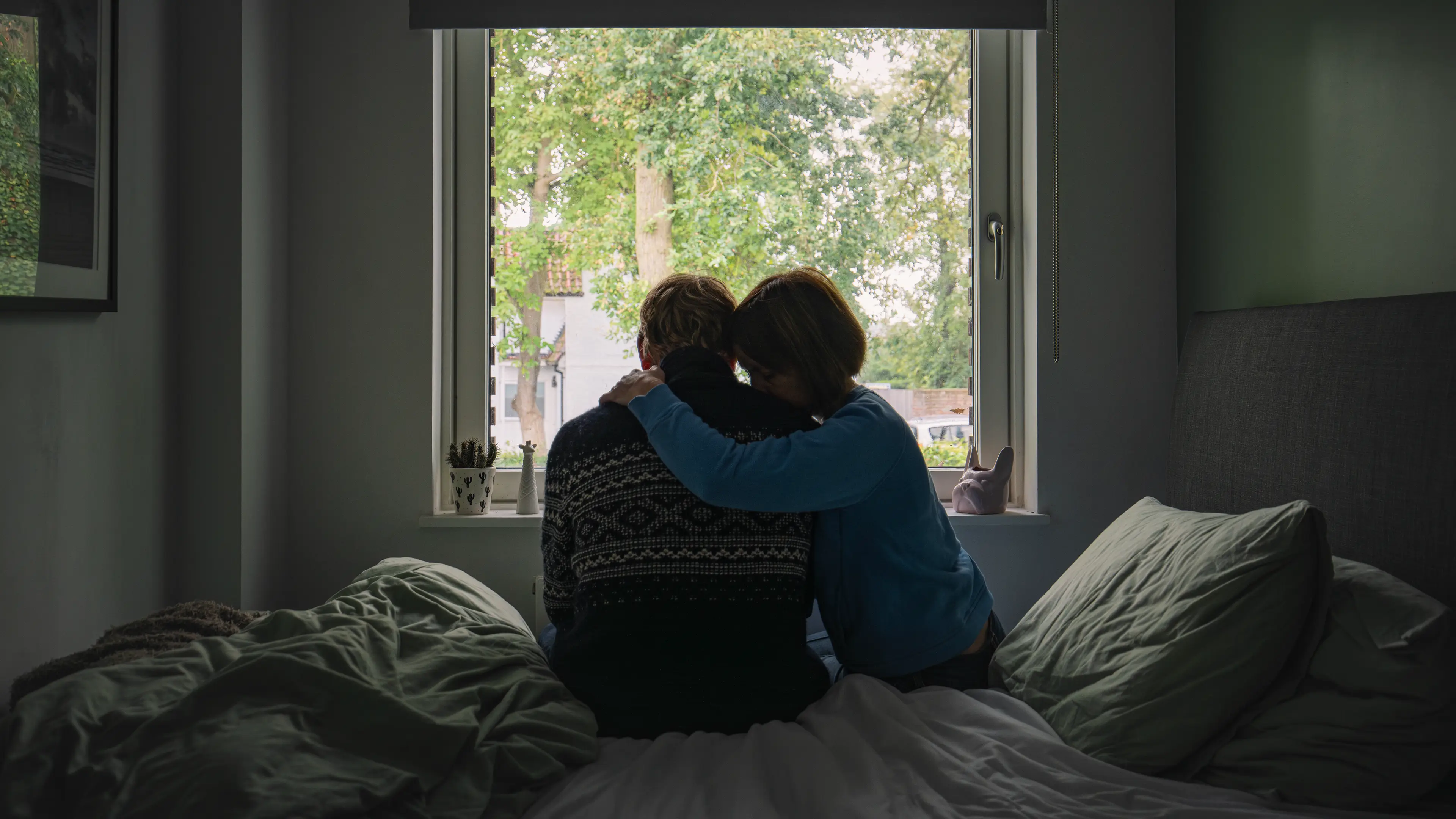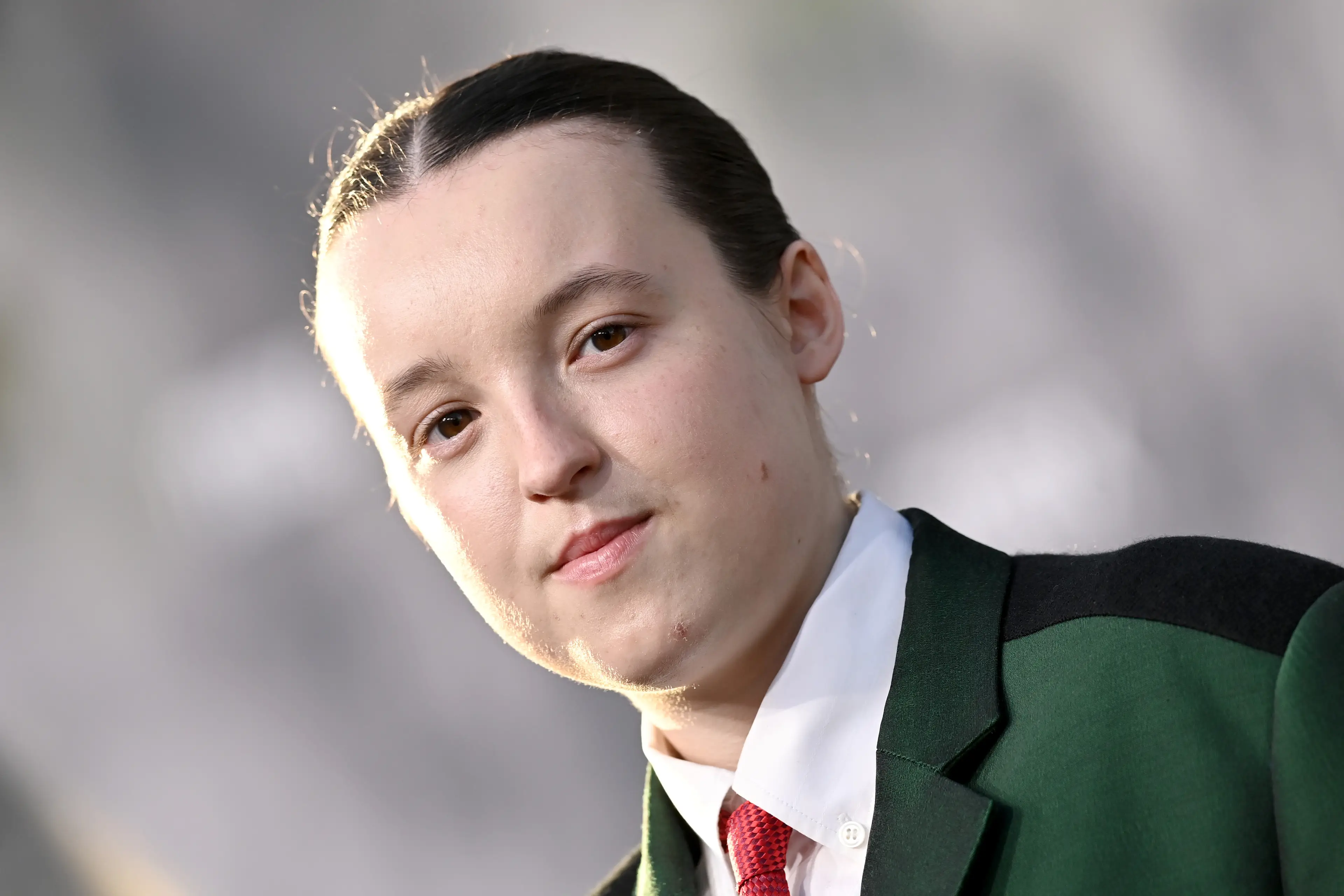
After actor Bella Ramsey last week described their recent autism diagnosis as 'freeing' - following the encouragement of a crew member to get tested - a psychologist has issued advice on spotting traits of the condition in relationships.
Like in the case of the 21-year-old The Last Of Us star, this doesn't necessarily mean romantic connections.
There are also means of identifying the neurodevelopment disorder in friends or colleagues who suspect they may obtain a few of its traits, according to Dr Mikki Lee Elembaby.
Speaking to HuffPost UK this week, the medic - who specialises specifically in both autism assessment and diagnosis - explained that some signs of autism over emerge time, or when an individual becomes an adult.
Advert
She believes that this is partially down to the connections that forge between other people as we age, believing these relationships could serve as a means of amplifying these signs.

In Ramsey's case, it was a crew member from their dystopian HBO series - in which they star alongside Pedro Pascal - that advised her to get checked out by a professional.
The behind-the-scenes technician reportedly saw several of Ramsey's habits mirroring that of her own daughter, who has autism.
The former Game of Thrones actor said of her diagnosis: "I’ve always been watching and learning from people. Having to learn more manually how to socialise and interact with the people around me has helped me with acting."
It is this relational trait that Dr Elembaby begins with when listing the three clearest indicators of autism in adults.
"Firstly, you may notice some social patterns, such as a history of feeling like an 'outsider' due to not fitting in, difficulty maintaining friendships despite wanting connection, and generally feeling like everyone else seems to just ‘get’ things and you don’t," she explained.
"Socially, you might find it hard to develop or maintain friendships outside of a structured environment, such as school or hobbies."

Such was the case for Ramsey, who admitted that they had 'always wondered' about autism and whether it affected their life, and cited experiences of feeling like a 'loner' and a 'weirdo' growing up.
Making her second point, the psychologist added that autistic adults can also struggle with unstructured, or open ended questions.
Thirdly, she went on to explain that a difficulty interpreting both language and non-verbal social cues is another sign.
"In addition, you may feel exhausted or drained after social interactions," Dr Elembaby continued. "This exhaustion can also be partly due to masking behaviours, which refer to consciously or unconsciously mimicking neurotypical social behaviours to 'fit in'.
She added: "An example of masking is forcing eye contact during conversation despite feeling uncomfortable or rehearsing social scripts for common social situations."
Topics: Health, Life, Real Life, True Life, Mental Health